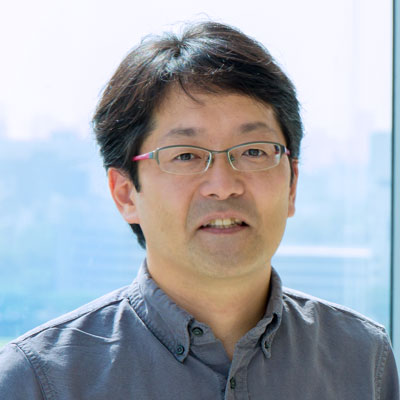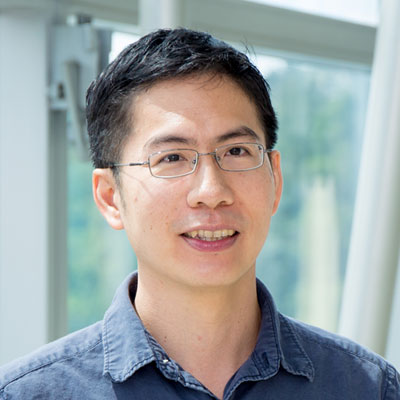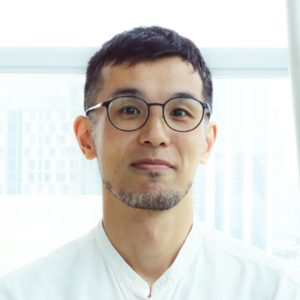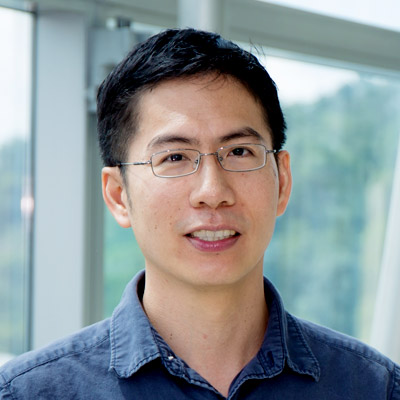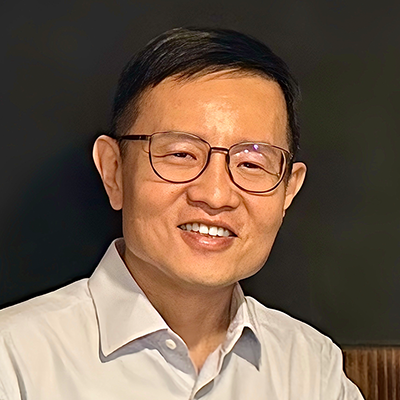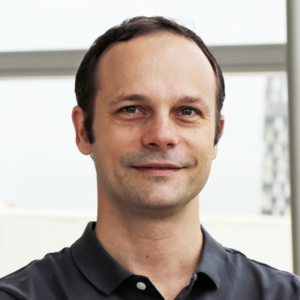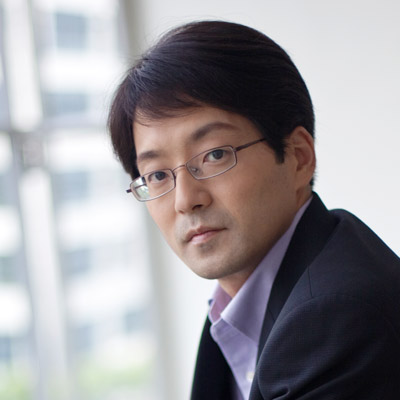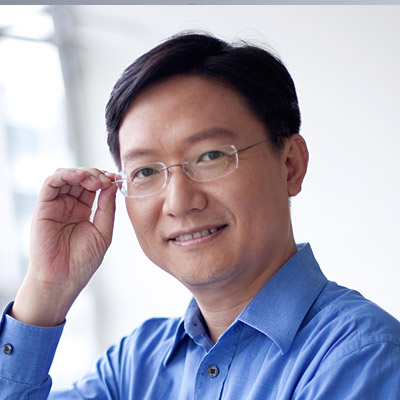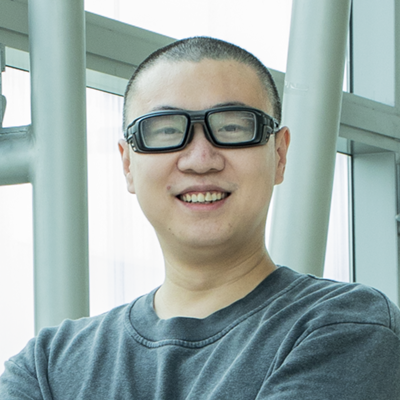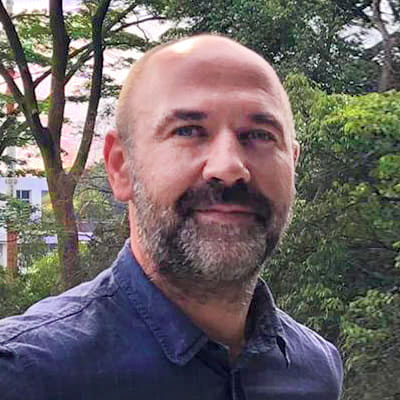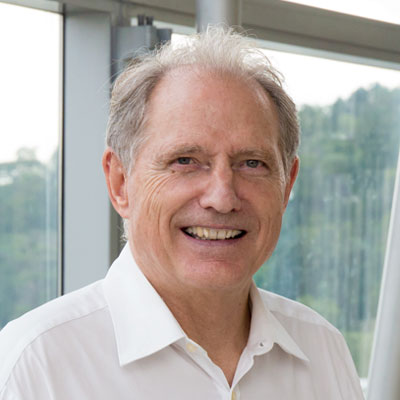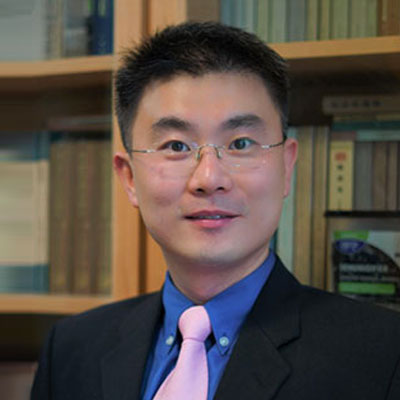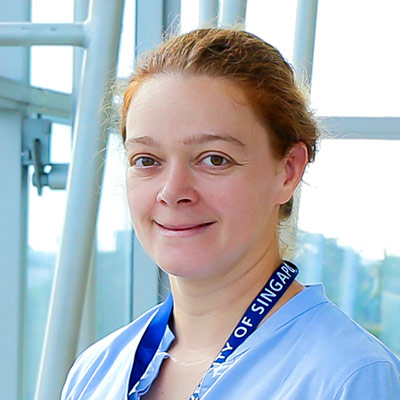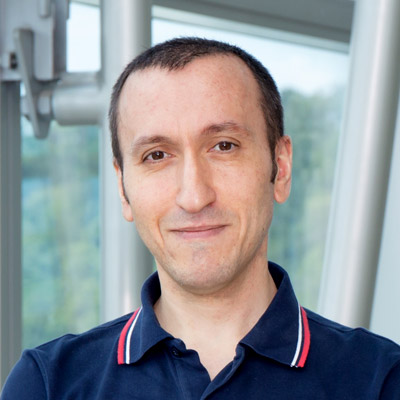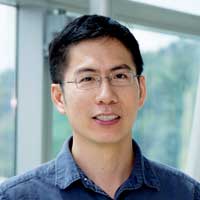MBI’s Principal Investigators
The Mechanobiology Institute is committed to developing better ways to bring together the multi-disciplinary expertise that is needed to understand the systems biology of mechanical functions.
Mechanobiology is a dynamic discipline, one that demands dedication and researchers with both a broad vision and the drive to succeed. Here at MBI we are creating a new and powerful community of motivated scientists committed to the advancement of the discipline and the future of mechanobiology.
Leadership
Principal Investigators
Adjunct Assistant Professors
Co-Principal Investigators
Senior Scientists
MBI Fellow
MBI Laboratories
Actin Biomechanics and Cell Dynamics Lab
The Bershadsky Lab studies how cells move, and the physical forces necessary for cells to attach themselves to the substrate and to one another. In exploring the points of contact, which act as mechanical “sensors” that provide the cell with information about its environment and determine its behaviour, they have learned that in cancer cells, the activity of these “sensors” is disrupted, which likely accounts for the cell’s difficulty in adhering to substrates and, consequently, their greater mobility.
Cell Dynamics and Mechanics in Development, Aging and Adaption
The diverse projects in Professor Rong Li’s lab contribute to two main research thrusts: cell and tissue aging; cellular and organismal adaptation. The study on aging focuses on understanding dynamic changes of crucial cellular components during the aging process and how these changes alter the mechanical functions of cells and tissues. The study of adaptation aims to understand the dynamics of genetic and epigenetic determinants of cells and tissues under acute or chronic stress which lead to adaptive behaviors ultimately beneficial or detrimental to the fitness of the organism.
Cell Signaling and Developmental Biology Laboratory
Low Boon Chuan’s lab works to identify novel signaling proteins and protein domains that control cell growth and tissue/organ development in normal and disease states. Areas of interest include cell signaling, domain-discovery, protein-protein interaction, structural biology, developmental biology, computational biology and mechanobiology.
Collective Cell Dynamics in Development and Reproduction
The Hirashima Lab is interested in how collective cell behavior emerges and links with biological functions in development and reproduction — focusing on cellular mechano-chemical coupling regulations in mammalian tissues and the design principles of multicellular dynamical systems. They studied how chemical cell signaling (specifically, ERK activity) changes according to and regulates mechanical forces in multicellular tissues, and investigate the origin and roles of germ cell dynamics in reproductive tracts (particularly how collective sperm dynamics manifest and influence reproductive functions).
Confinement Mechanobiology Lab
The Confinement Mechanobiology lab pursues research that is an interdisciplinary fusion of mechanobiology, tissue engineering, microfluidics, and nanotechnology, with an end goal of discovering and utilizing the unknown molecular mechanisms underlying mechanosensitive migratory stem cell differentiation. This step forward from the current paradigm of stem cell differentiation as a mostly biochemical process has an untapped potential to unlock future basic and applied research applications in biophysics, stem cell biology, and tissue engineering.
Mammalian Development and Tissue Hydraulics Laboratory
The Chan Lab aims to address the following questions in developmental biology: How are tissue size and shape precisely controlled during early mammalian development? Conversely how is tissue geometry sensed and transmitted to the cellular level to impact cellular/molecular functions? How are mechanics and biochemical signalling integrated across multiple scales to ensure robust morphogenesis and patterning?
MechanoBioEngineering Laboratory
The Lim lab works with an interdisciplinary team of engineers, life scientists and clinicians to address important scientific and biomedical problems relating to human diseases. In particular, they conduct research on diseases associated with cancer, malaria, sepsis and aging to provide new insights and better understand their pathophysiology. The lab also develops innovative mechanobiologically inspired platforms in microfluidics and wearable microdevices to detect, diagnose and treat such diseases.
Nanoscale Mechanobiology
The Kanchanawong lab’s research is at the interface of cell biology, biophysics, and advanced imaging technology. The lab develops and applies superresolution microscopy and advanced imaging techniques to understand how cells build complex nanoscale machines from basic biomolecular building blocks to perform vital biological functions.
Single Molecule & Single Cell Biophysics
Biophysics is an inter-disciplinary research area where physicists, biologists, chemists, and programmers work together to understand challenging and interesting phenomena such as DNA mechanics and its phase transitions, chromosome compaction, micromechanics of biopolymers, and mechanosensing of cells. The Yan Jie group is interested in many aspects of the biophysical research field, and they welcome discussions and collaborations with those who share this passion in mechnobiology.
Soft Nano-Biomaterials Lab
The Soft Nano-Biomaterials Lab focuses on exploring and recapitulating nanoscale properties of the extracellular matrix (ECM), i.e. the tissue nanoenvironment. Nanoscale properties of the native ECM, particularly the type and distribution of adhesive sites with which cells directly interact, are largely unknown and therefore have rarely been integrated into biomaterials design.
The Toyama Laboratory
The Toyama lab studies tissue dynamics in living embryo and cultured tissue. They are interested in two particular aspects: how cell mechanics that evolve over time and in space emerge as large-scale tissue dynamics, and how cell mechanics arises from tissue dynamics and feedback to cellular and molecular function.
Translational Mechanobiology Lab
The Yu lab is interested in the knowledge and technologies that enhance our ability to model micro-physiological and disease processes in vitro. They apply this knowledge and technology into diagnostic, therapeutic and toxin testing application focusing on systematic descriptions of the liver regeneration processes at the multi-cellular levels described by mechanical and biochemical networks.


